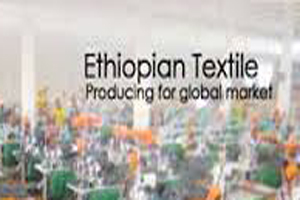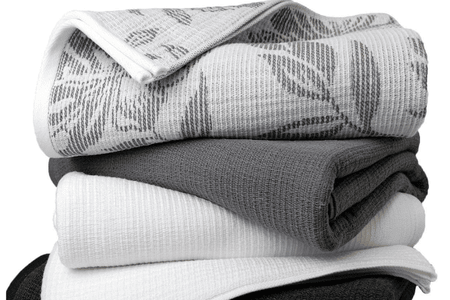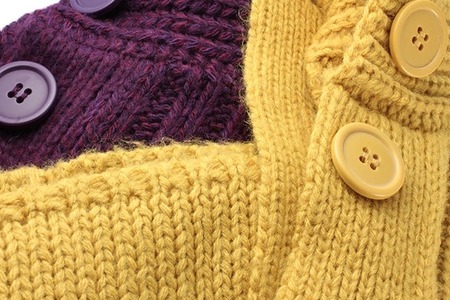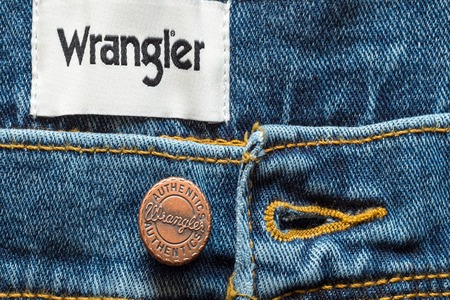
China to strengthen bilateral relations with Ethiopia's textile sector this year
YarnsandFibers News Bureau 2014-02-28 12:55:00 – EthiopiaEthiopia has been completely ignored, albeit its textile and clothing industries are ready for development and the Ethiopian government is keen to encourage investment and export growth in this industry. The Ethiopian President Mulatu Teshome in January has called Chinese clothing and textile companies to invest in his country as China needs to keep its production costs down for its textile industry to be globally competitive.
Ethiopia's clothing and textile sector is undergoing rapid development, aided by the presence of a cheap, skilled and highly-motivated workforce, cheap electricity, duty-free import of goods and machinery, Ethiopian quality cotton and favourable rules and regulation. Ethiopia’s textile history began in 1939 when, under Italian occupation, the first garment factory was established.
Sun Guoqiang, president of the Chinese Chamber of Commerce in Ethiopia supporting Teshome’s optimism said that China is looking to strengthen bilateral relations this year with Ethiopia's textile sector as it has identified many opportunities and because China is looking for alternatives in Africa.
Ethiopia is ready to take on a portion of the 80m manufacturing jobs that China is expected to shed over the next few years due to rising labour costs.
Available within Ethiopia are all essential ingredients for a competitive textile industry: raw materials, low wages and low energy costs which give Ethiopia a comparative advantage over other countries and regions. It has indigenous raw cotton and the potential to produce other natural fibres plus an integrated textile supply chain, although in need of modernisation and expansion The Ethiopian Government is actively promoting the further modernization of the textile sector with the aim of attracting foreign investors that can penetrate the global market.
Ethiopia’s current textiles industry encompasses spinning, weaving and processing. . Ethiopia has five public textile factories producing mostly work-wear garments for the domestic market. Numerous privately-owned factories produce shirts, suits, work clothes and uniforms for national and foreign markets.
Market Intelligence
Ask for free sample Report

experience
Customer Base
dedicated team
Countries Served Worldwide









